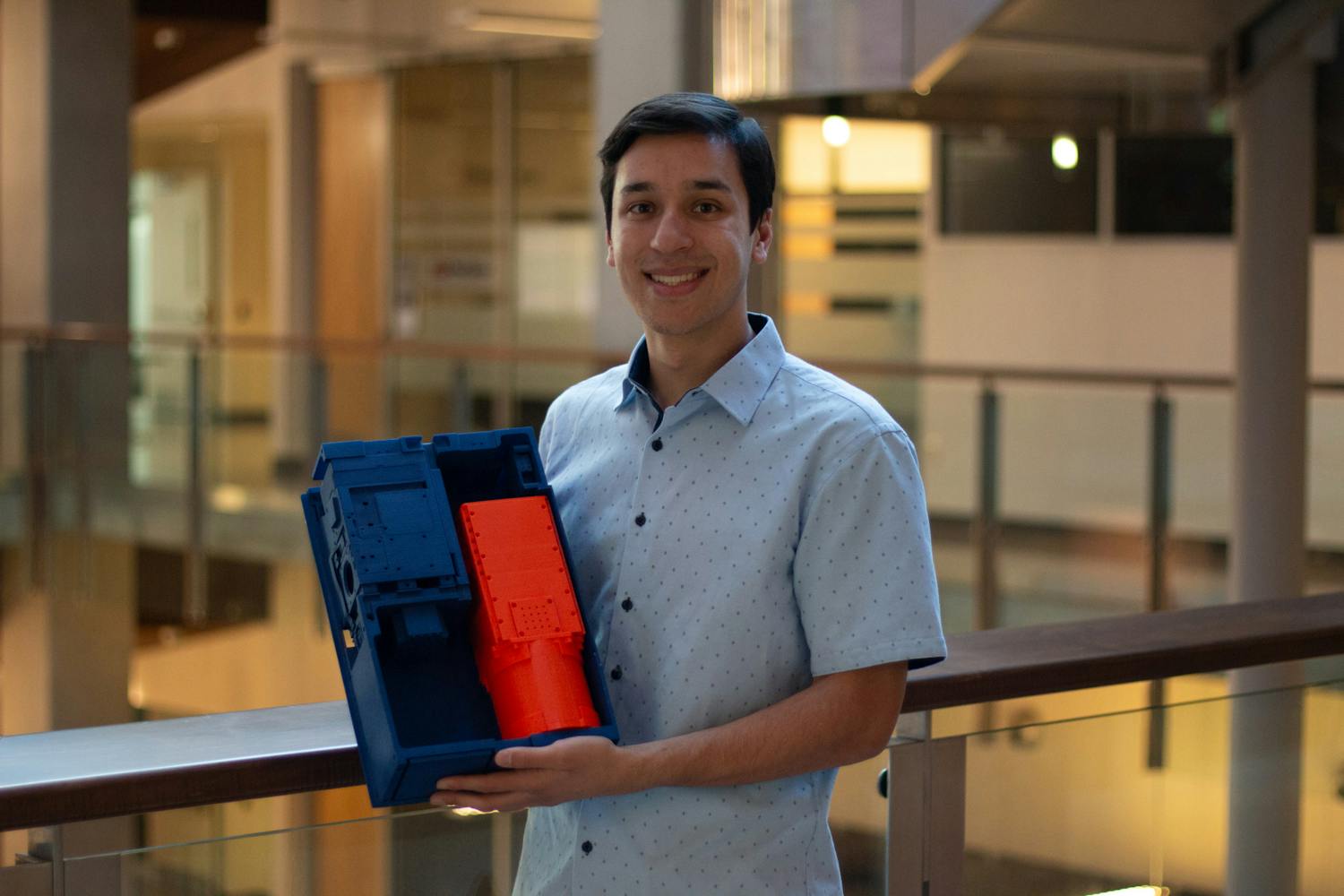ASU is spending $70 million to build a Greek Leadership Village and, although the concept seems nice, it is not what ASU should be spending that money on right now, especially with all the drawbacks associated.
As No. 1 in the U.S. for innovation, ASU should be using that $70 million on new labs, computers or research materials, not on 27 townhouses that, most likely, will not be desirable to students.
It is too much money to pour into a project that is missing too many amenities, and it has been overtly denounced by many Greek organization members. Ultimately, the Greek Village is unlikely to be a success.
According to ASU, the fraternities and sororities can start moving in as early as Fall 2018.
In a statement released to the Phoenix New Times, ASU said:
“The 950-bed housing complex comprised of 27 chapter spaces will also include a Fraternity and Sorority Life Community Center ... The Greek Leadership Village will provide a central gathering space to support chapter programs and initiatives and strengthen the sense of community among the fraternity men and women of ASU."
Some students see the benefit in such a community.
"I think one of the biggest benefits is bringing the communities closer together. I think that is something missing in Greek culture here ever since they tore down the old row," Robert McCutcheon, a sophomore studying public policy and the commander of the Sigma Nu chapter at ASU said.
"I think having a community that we can share together, facilities that we can share together and an area where the Greek community can hold events together will do a lot for bridging the gap and bringing those communities together," McCutcheon said.
However, for the high price of living in the leadership village, it does not include a lot of important amenities such as parking spaces, a pool, private bathrooms, a workout room and other facilities. Also, all bedrooms will house two people — no private rooms are offered.
Once the Greek organizations sign the four-year lease to live in the village, they have to keep a number of beds filled with their members, otherwise they will have to cover the fees.
The Adelphi Commons, which houses 12 sororities currently, is already having issues filling the beds.
This is a concern, because many Greek organizations are unsure whether they will be able to afford the leadership village in the first place. It will cost approximately $7,900 per bed which is more expensive than most other housing options in the Tempe area. Considering rooms are shared, this isn't the most lucrative option.
Two online petitions have been made on Change.org, one of which was created by Austin Bloom, an ASU junior studying public service and public policy, who was previously on the board that was working with the University on this project before resigning.
"If you're trying to build leadership then I absolutely agree with that message, but 60 percent won't be able to be part of that," Bloom said. "This is only representative of a few chapters out of the 70. It's going to be a very similar situation to when Adelphi was first built. Fraternities were originally in Adelphi, but they're not there anymore. There was less interest to live there, because it was less conducive to fraternities."
Bloom and many other alumni do not see the $70-million project being successful for long. The Greek Leadership Village is nothing but a glorified Adelphi.
The University should use its money for more productive purposes.
Reach the columnist at jlferrig@asu.edu or follow @Jess_Ferrigno on Twitter.
Editor’s note: The opinions presented in this column are the author’s and do not imply any endorsement from The State Press or its editors.
Want to join the conversation? Send an email to opiniondesk.statepress@gmail.com. Keep letters under 500 words and be sure to include your university affiliation. Anonymity will not be granted.
Like The State Press on Facebook and follow @statepress on Twitter.




